Evaporation - the change of a liquid into a vapor at a temperature below the boiling point Transpiration - the evaporation of water, or exhalation of aqueous vapor, from cells and masses of tissue Capacity - the measure of potential cubic contents of a cavity or receptacle; volume Saturated - to charge to the utmost, as with magnetism Specific Humidity - the ratio of the mass of water vapor in air to the total mass of the mixture of air and water vapor Relative Humidity - the amount of water vapor in the air, expressed as a percentage of the maximum amount that the air could hold at the given temperature Psychrometer - an instrument for determining atmospheric humidity by the reading of two thermometers, the bulb of one being kept moist and ventilated Condensation - the process by which atmospheric water vapor liquefies to form fog, clouds, or solidifies to form snow or hail Dew Point - the temperature to which air must be cooled, at a given pressure and water-vapor content, for it to reach saturation Frost - a degree or state of coldness sufficient to cause the freezing of water Cirrus Cloud - a wispy white cloud (usually of fine ice crystals) at a high altitude (4-8 miles) Cumulus Cloud - a globular cloud Stratus Cloud - a large, dark, low cloud Precipitation - falling products of condensation in the atmosphere, as rain, snow, or hail Rain Gauge - an instrument for measuring rainfall Air Mass - a body of air covering a relatively wide area, exhibiting approximately uniform properties through any horizontal section Polar Air Mass - air mass that forms over land or water in the higher latitudes Tropical Air Mass - air mass that brings hot, humid weather, often during the summer Weather Front - the sloping region where air of two different kinds meets Thunderstorm - a transient storm of lightning and thunder, usually with rain and gusty winds, sometimes with hail or snow, produced by cumulonimbus clouds Cold Front - the zone separating two air masses, of which the cooler, denser mass is advancing and replacing the warmer Warm Front - a transition zone between a mass of warm air and the colder air it is replacing Tornado - a localized, violently destructive windstorm occurring over land, especially in the Middle East, and characterized by a long, funnel-shaped cloud extending toward the ground and made visible by condensation and debris Hurricane - a violent, tropical, cyclonic storm of the western North Atlantic, having wind speeds of or in excess of 72 mph Station Model - a specified pattern for entering, on a weather map, the meteorological symbols that represent the state of the weather at a particular observation station Millibar - a centimeter-gram-second unit of pressure equal to one thousandth of a bar or 1000 dynes per square centimeter, used to measure air pressure Isobar - a line drawn on a weather map or chart that connects points at which the barometric pressure is the same Weather - a state of the atmosphere with respect to wind, temperature, cloudiness, moisture, pressure, etc. Climate - the composite or generally prevailing weather conditions of a region, as temperature, air pressure, humidity, precipitation, sunshine, cloudiness, and winds, throughout the year, averaged over a series of years Latitude - angular distance north or south from the equator of a point on the Earth's surface, measured on the meridian of the point Altitude - the height of anything above a given planetary reference plane, especially above sea level on earth Tropical Zone - the part of the Earth's surface between the Tropic of Cancer and the Tropic of Capricorn; characterized by a hot climate Polar Zone - the part of the Earth's surface forming a cap over a pole; characterized by frigid climate Middle-latitude Zone - the latitude of the point that is midway between two parallels on the same side of the equator Microclimate - the climate of a small area, as of confined spaces such as caves or houses, of plant communities, wooded areas, or of urban communities, which may be different from that in the general region Biome - a complex biotic community characterized by distinctive plant and animal species and maintained under the climatic conditions of the region, especially such a community that has developed to climax Vegetation - all the plants or plant life of a place, taken as a whole |
     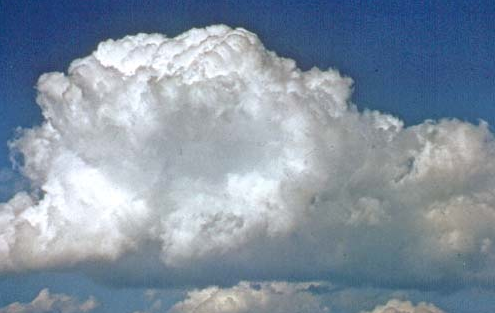 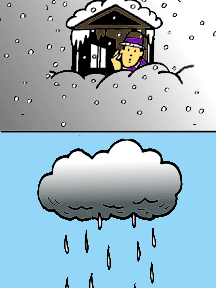 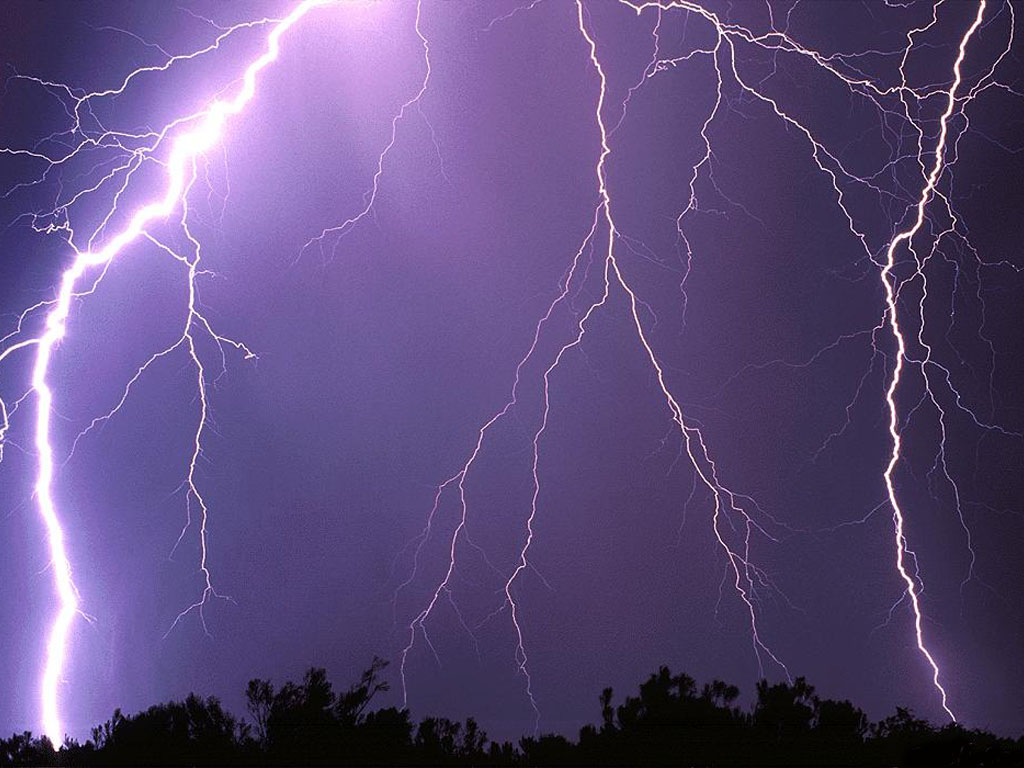 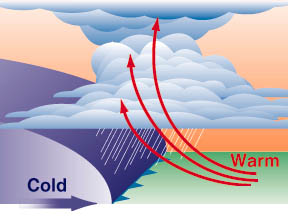   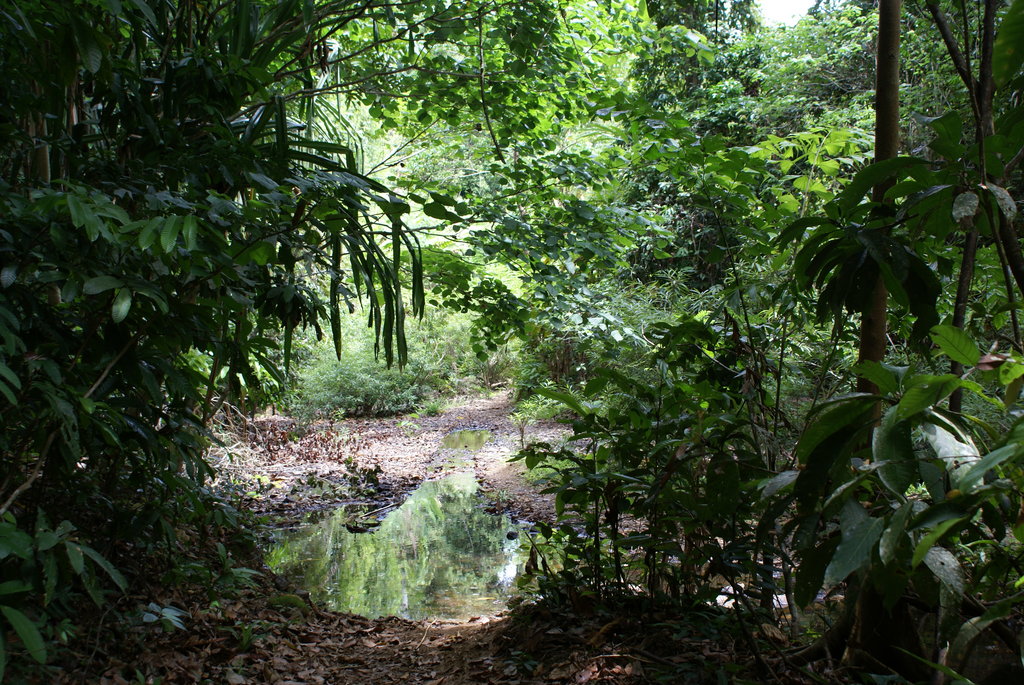 |